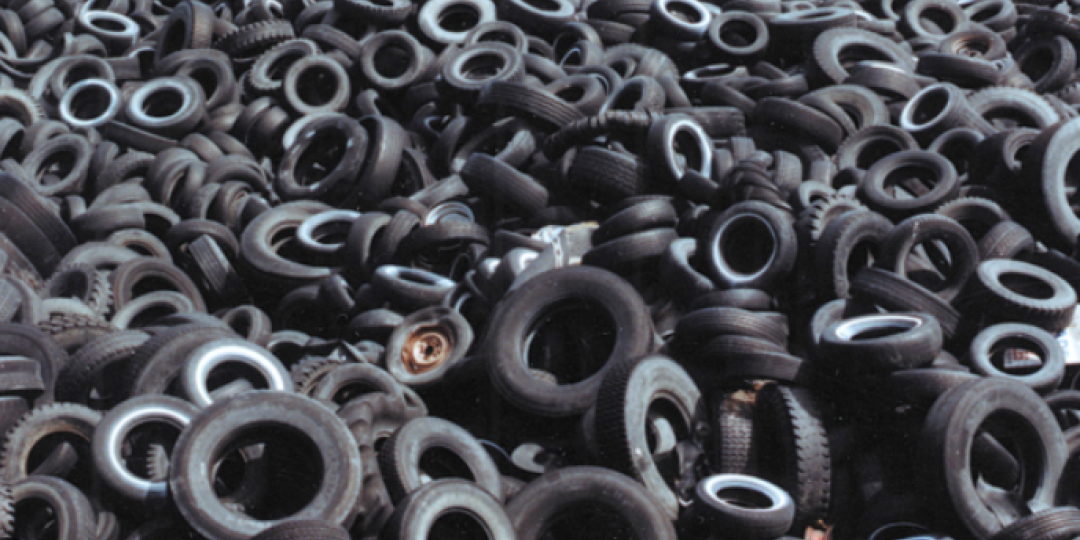The South African Tyre Manufacturers Conference (SATMC) plans to combat illicit trade, foster local manufacturing, and enhance environmental sustainability in the local tyre sector this year.
The SATMC, which successfully advocated for the imposition of anti-dumping duties on unfairly traded imports of passenger, truck and bus tyres from China last year, said in a statement released on Monday that it also planned to monitor the impact of this intervention.
SATMC managing executive, Ndu Chala, said one of the industry’s key initiatives was the Illicit Trade Tyre Forum, established in partnership with the Tyres, Equipment, Parts Association (Tepa), the Tyre Importers Association of South Africa (Tiasa), and the South African Association of Freight Forwarders (Saaff).
He said the forum had intensified its efforts to combat misdeclaration of tyre consignments and the rerouting of imports through neighbouring countries to evade tyre duties, environmental levies, and permits. The forum is taking a stance against smuggling, under-invoicing, and “illegitimate freight forwarders” who bring “illicitly traded tyres” into the country.
“We want to make it clear that only trade with ethical companies can protect the future of this sector,” Chala said.
“We are proposing an industry pledge, starting with our four local tyre manufacturers – Bridgestone Southern Africa, Continental Tyre South Africa, Goodyear South Africa and Sumitomo Rubber South Africa – and extending to dealers, to ensure ethical practices from sourcing to distribution,” he said.
“Illicit trade of tyres has severe repercussions on jobs, plant capacity planning, and the integrity of our industry, as well as consumer safety."
He said the SATMC would continue to engage with government and industry stakeholders to combat unethical practices, including attending quarterly meetings with the SA Revenue Service (Sars) Tyre Forum to report suspected illicit activity for investigation. It also intends exploring a partnership with Transnet to confront the problem of the country’s porous ports and harbours.
Chala added that there was also a need for a systematic process to address the processing of end-of-life tyres as there are inadequate regulations covering second-hand or part-worn tyres, posing a risk to road users. However, he said the industry anticipated that the Waste Tyre Management Plan would be adopted by the end of March 2024.
“As the SATMC we have been advocating strongly around having a clear roadmap in place to drive improvements and sustainability in both collection and processing of tyre waste. This initiative involves collaborative efforts with tyre dealers to promote proper storage practices for waste tyres,” Chala said.
“Simultaneously, the SATMC is actively exploring commercial opportunities for waste tyres, aiming to foster enterprise development and job creation within a circular economy,” he said.













